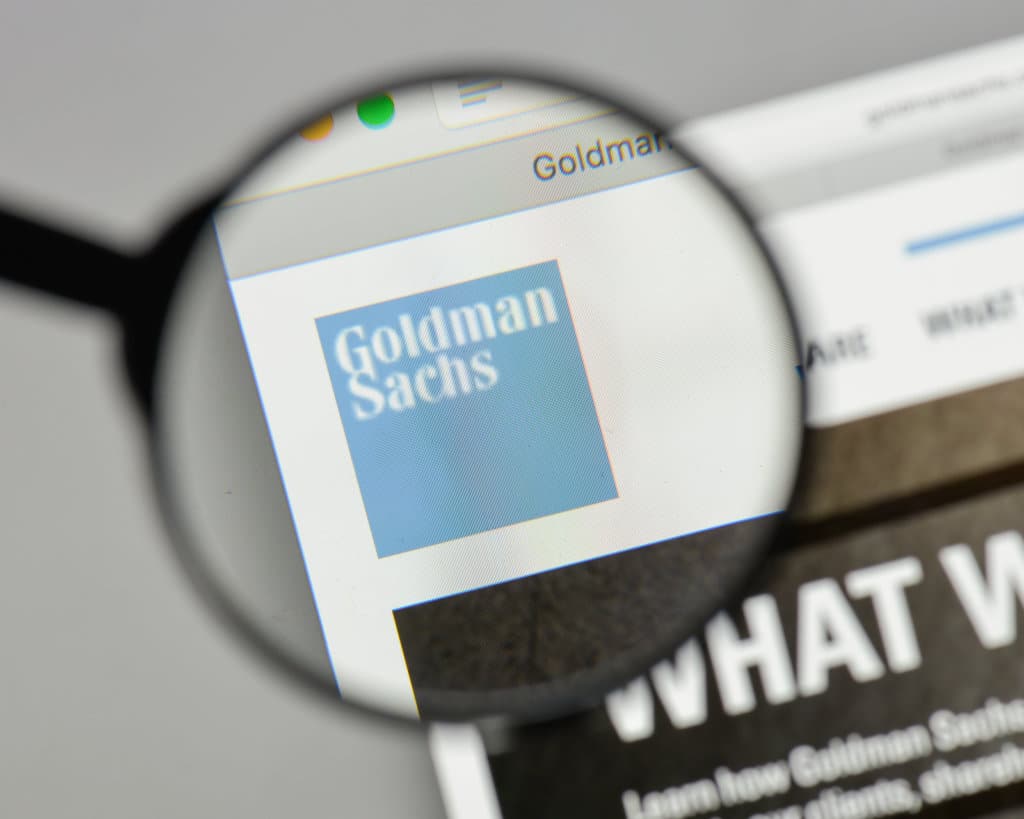The $2 billion fraud involving jeweler Nirav Modi at the Punjab National Bank (PNB), which sent the state-run bank’s shares tumbling, has also led investment bank Goldman Sachs to slash its forecast for Indian economy.
Goldman Sachs, in a note to its clients on March 20, lowered India’s gross domestic product (GDP) forecast for the year up to March 2019 from 8 per cent to 7.6 per cent, Reuters reported.
The PNB scam, along with other smaller loan frauds reported by other banks in the following weeks, is fueling growing concerns that credit growth is unlikely to pick up quickly when state-run banks are down with a mountain of bad debt. These banks make up for two-thirds of banking assets in India and were directed to check their bad loans by the government in the wake of Punjab National Bank scam.
Shares in the state-run Canara Bank fell as much as 5.4 per cent on March 20 as its former chief and others were mired in allegations that the officials helped a company defraud the bank of about $10.5 million taken in loans over four years ago.
Goldman, in the note, said it feared a regulatory crackdown after the PNB fraud. “Markets and investors are questioning whether the problem is more systemic,” Goldman analysts wrote in the note. They further added that markets feared the fraud would likely offset some of the positive effects of the bank recapitalization and hit overall credit, investment and GDP growth. This is a setback for the Narendra Modi-led government, which had set aside $32 billion for two-year bank recapitalization program announced last year.
India had regained its status as the world’s fastest growing major economy in the October-December quarter, overtaking China, as it grew 7.2 percent, which was its fastest in five quarters. Goldman said its analysts believe the Punjab National Bank was likely to bear the brunt of the entire $2 billion of the fraud amount, exhausting more than a quarter of its net worth.
It added that Indian banks would need to take 60-65 per cent average haircuts on impaired loans over the next two years, which is more than the 50 per cent it had assumed earlier, and so overall provisions would rise.
